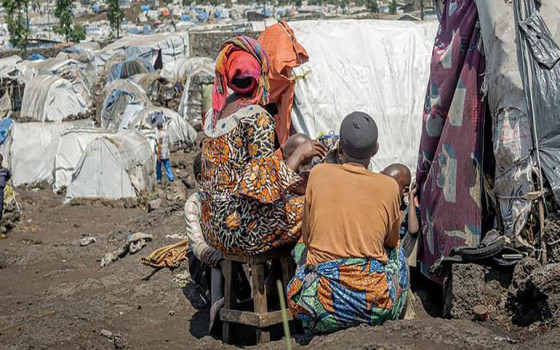
More than 4,600 cases of sexual violence in conflicts... UN: Accountability and support for survivors are essential

- Europe and Arabs
- Wednesday , 20 August 2025 8:25 AM GMT
Khartoum - New York: Europe and the Arabs
"What future can we hope to build on the shattered bodies and shattered dreams of abused women and girls?... If we are serious about peace, we must reaffirm the rule of law and hold accountable those who commit, order, or condone grave violations, including the horrific crime of conflict-related sexual violence."
This was emphasized by Pramila Patten, Special Representative of the Secretary-General on Sexual Violence in Conflict, during her speech at the Security Council's annual open debate on conflict-related sexual violence, held this year under the theme: "Identifying innovative strategies to ensure survivors of sexual violence in conflict have access to life-saving services and protection." According to the UN Daily News, the Special Representative reviewed the Secretary-General's annual report on conflict-related sexual violence, which documented more than 4,600 cases of conflict-related sexual violence in 2024—a 25% increase over 2023.
Women and girls continue to be disproportionately affected (92% of cases), with victims ranging in age from 1 to 75, with sexual violence against children rising by 35%. Survivors face stigma, lack of services, and unsafe reporting channels, making official data significantly lower than the actual number.
This year's report lists 63 entities credibly suspected of perpetrating or bearing responsibility for patterns of sexual violence in conflict situations on the Security Council's agenda, with new entities included in the Democratic Republic of the Congo, Libya, and the occupied Palestinian territory. Pramila Patten emphasized that preventing and addressing this scourge is no longer just an aspiration, but an obligation that must be respected, implemented, and fulfilled. Pramila Patten shared the heartbreaking story of a young Sudanese woman who was raped by the Rapid Support Forces:
"One day, a young woman, a recent graduate of international relations, boarded a bus to collect her diploma in Khartoum. By the end of that day, her life as she knew it was over. After being dragged from the bus, she was gang-raped at gunpoint by four members of the Rapid Support Forces, and the attackers left her in a dark alley. The next morning, when she regained consciousness, she boarded the first bus she saw and ended up in Port Sudan. Later, when she realized she was pregnant, she knew she would never be able to return home and face her family. When I met her, a few months ago in Port Sudan, she was struggling to care for her child and recover from the trauma. No words could give that young woman her future back or secure her child's future. No words could make that daily bus journey, through a war zone, safe for countless other women and girls." The Special Representative quoted Nadia Murad, survivor of sexual violence and Nobel laureate, when she said, "I want to be the last girl with a story like mine."
Growing humanitarian needs, declining life-saving funding
Despite growing humanitarian needs, funding for women's organizations on the ground and life-saving aid is being cut, while global military expenditures are escalating. Survivors of gender-based violence in places like eastern Democratic Republic of the Congo, South Sudan, Sudan, Ukraine, Ethiopia, and Gaza are being left without essential care.
Patten said that 80 years after the UN Charter and 25 years after the adoption of the Security Council resolution on women, peace, and security, the world is moving backward, with funding being withdrawn from essential programs instead of protecting women's rights and supporting peace. "If we are serious about peace, we must fund the institutions that make peace possible," she said.
There are many invisible faces behind the facts and figures presented in the report. Each of these aspects holds a mirror up to our moral responsibility, the UN official said, noting that the report draws attention to several disturbing trends:
First, displaced and refugee women and girls continue to be exposed to increased risks of sexual violence, hindering their safe return.
Second, food insecurity increases the risk of sexual violence and exploitation, as warring parties restrict or deny humanitarian access.
Third, the rapid drawdown and transition of UN peace operations has reduced the UN system's ability to access and support survivors, particularly in Mali, Sudan, and the Democratic Republic of the Congo.
Fourth, non-state armed groups, including those designated by the UN as terrorist, continue to use sexual violence to consolidate their control over lucrative territory and natural resources and to stimulate the recruitment of fighters.
Fifth, the proliferation of small arms and light weapons continues to fuel conflict-related sexual violence. UN data indicates that firearms are used in 70-90% of recorded cases. Sixth, sexual violence in detention centers is used for torture and intimidation. This has been documented in Myanmar, the occupied Palestinian territory, Syria, Yemen, and Ukraine, as well as against men, boys, and migrants in Libya. At the end of her briefing, Pramila Patten addressed a special message: "To the survivors and responders on the front lines, who continue to show up—even if they are unpaid or unprotected—I want to say this directly: We see your courage, we hear your voices, and we will strengthen your efforts. Even after the horrors and pain I have witnessed over eight years on this mission, I remain hopeful. Survivors and activists remain resilient and continue to believe in this organization, in the mandate of this Council, and in the rules-based international order."
According to the Secretary-General's annual reports, the term "conflict-related sexual violence," as used in this report, refers to rape, sexual slavery, enforced prostitution, forced pregnancy, enforced abortion, enforced sterilization, forced marriage, and other forms of sexual violence of comparable gravity perpetrated against women, men, girls, and boys that are directly or indirectly related to a conflict.


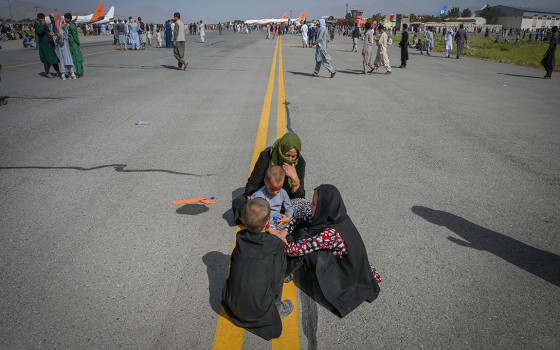
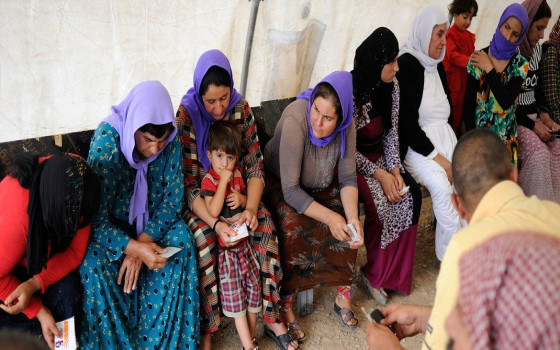
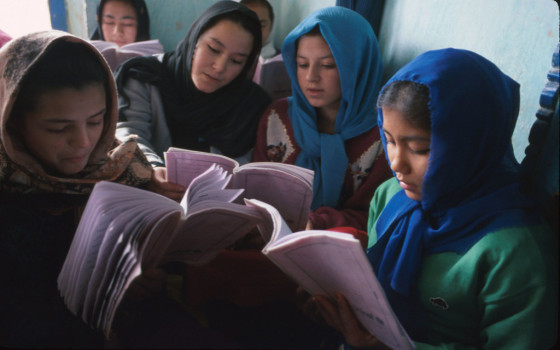
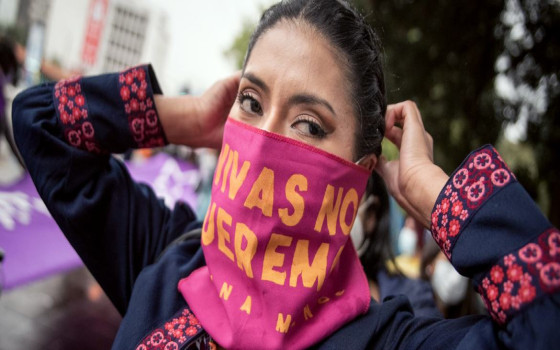
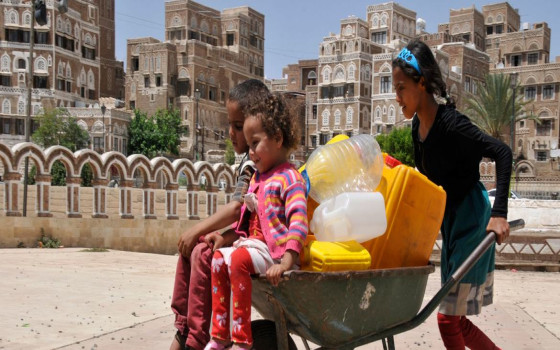
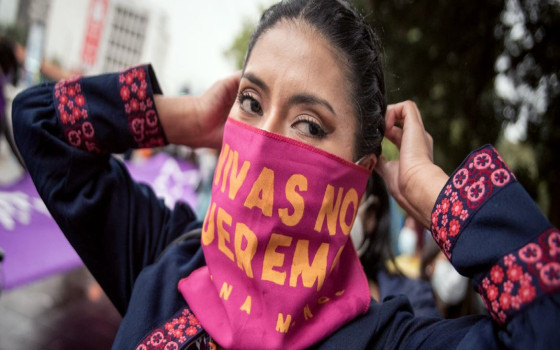
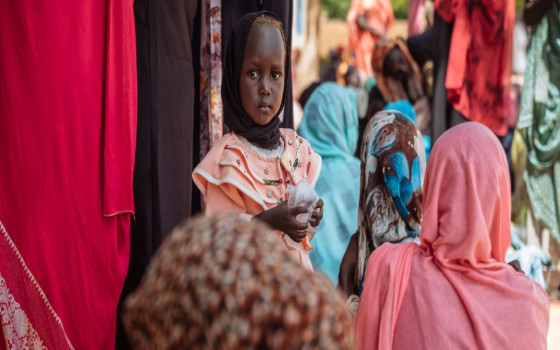
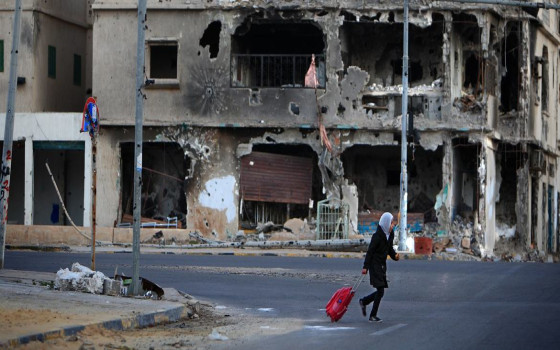
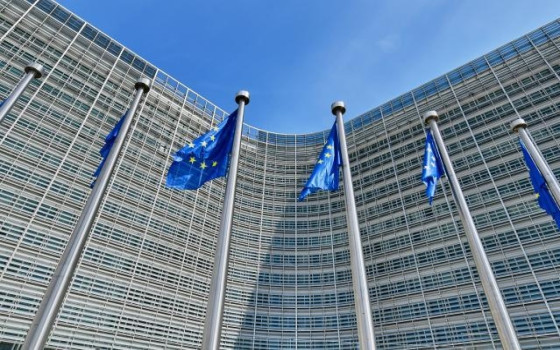
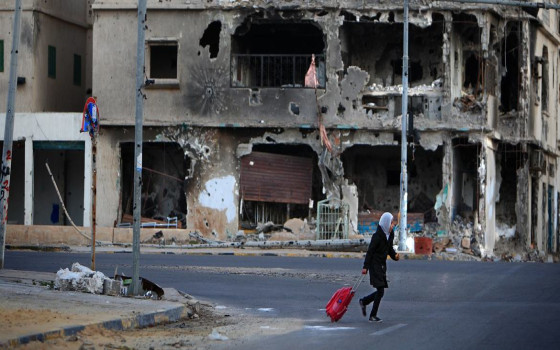
No Comments Found